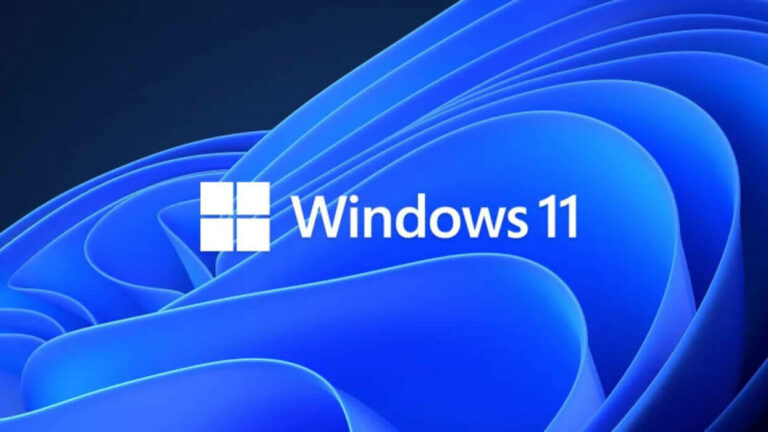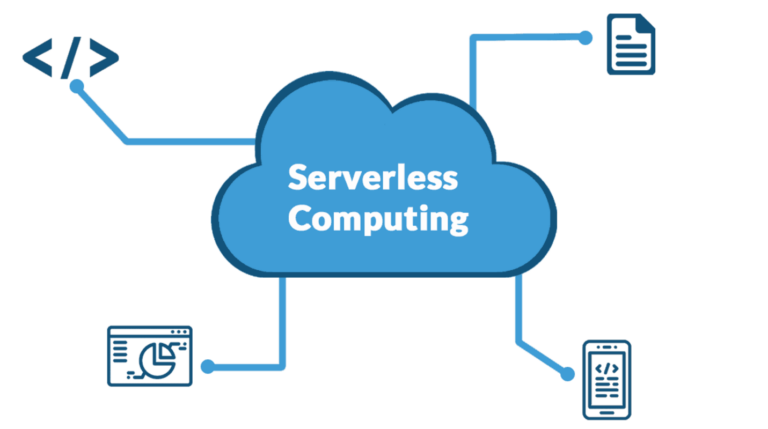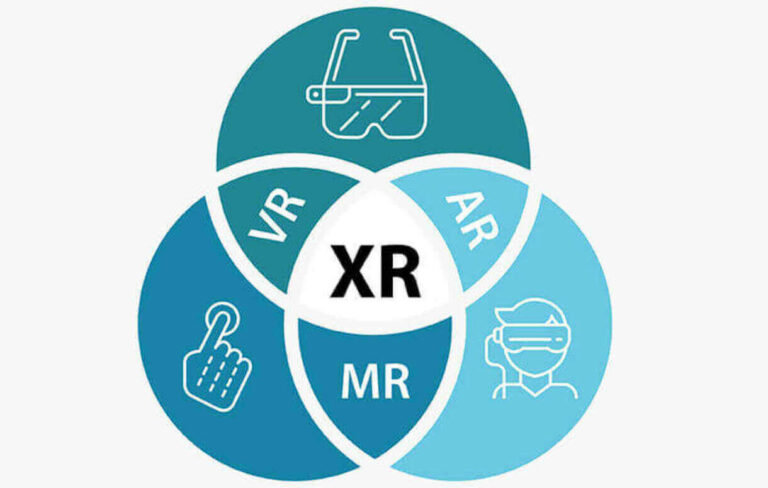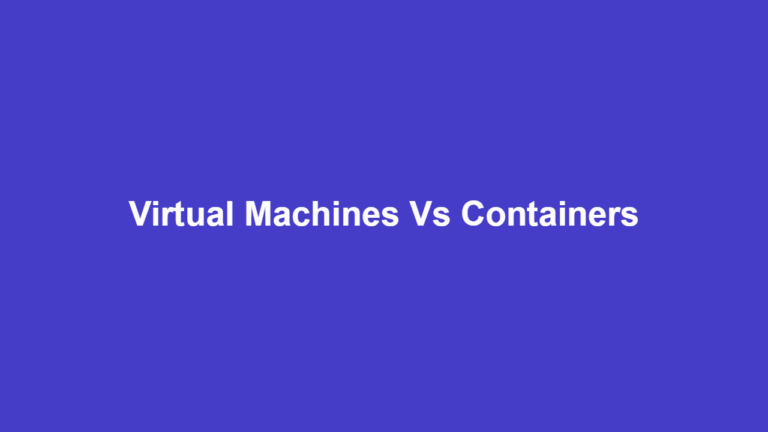Linux vs windows: Differences, Advantages, Server & More
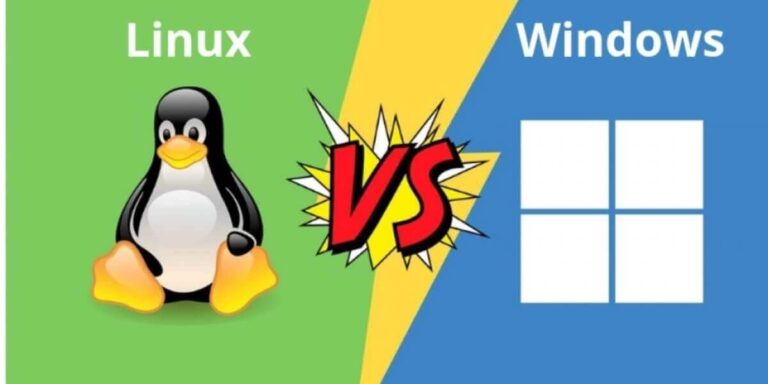
The Linux vs Windows debate often comes up among computer enthusiasts, with both operating systems offering unique and impressive features that make them worthy of this discussion.
Linux powers the internet, no doubt about that. But Windows also runs on over 1 billion devices, making it the most popular operating system in the world.
Times have changed too. 20 years ago, Linux was the uber-cool system for computer geeks, while Windows was reserved for mere mortals. But those lines are blurring as the competition intensifies between the world’s two most powerful operating systems.
Comparison Table
| Linus | Windows | |
|---|---|---|
| First Release: | 17th September, 1991 | 20th November, 1985 |
| Development: | Linus Torvalds, Linux Community | Microsoft Corporation |
| Security: | Best | Poor |
| Stability: | Best | Average |
| Speed: | Best | Average |
| Desktop Market Share: | 1.5% | 76.3% |
| Server Market Share: | 40%+ | 28% |
| License: | Open Source | Commercial |
| Software Compatibility: | Limited | Best |
| Web Server: | Apache, Nginx | Microsoft IIS |
| Cost: | Free | $100 to $6,000 |
History
Since the release of its first operating system, the Windows 1.0 in 1985, Microsoft has practically remained the unbeaten king of operating systems. Windows 3.0 arrived in 1987, and in 1995, the iconic Windows 95, which would forever change the history of personal computing, was released.
Linux on the other hand, emerged six years later in 1991, as Linus Torvalds, a Finnish computer student, created a Unix clone and gave it away for free. His goal was to provide a Unix-like environment for the then-popular Intel 80386 32-bit microprocessor, and it was all meant to be “just for fun.”
The system came at the right time, however, and quickly gained adoption as the backbone to drive a new breed of powerful and affordable computer systems, which would build our modern internet.
Desktop and Laptop Use
If you need a system to handle your personal computing needs on your desktop or laptop, then windows is often the preferred choice. The reason being that many programs, including games and productivity software, will only work on Windows.
Linux allows you, however, to install itself alongside Windows on both laptops and desktops. This enables you, for instance, to browse the web on your Linux installation, without fear of a malware attack. The only downside to this arrangement is that you’ll always have to choose which OS to boot into at every system start.
Server Use
Enterprise computing is also an important arena for operating systems. Linux and Windows are the two major operating systems that power Internet servers, and although Linux is the undisputed champion here, Windows servers have a lot to offers as well.
Advantages
| Linux Server Advantages | Windows Server Advantages |
|---|---|
| Free or cheap | Includes bells and whistles |
| Open source and easy to tweak | Includes support & free upgrades |
| More efficient and reliable | Better integration with other Microsoft products |
The popular LAMP (Linux Apache MySQL & PHP) server environment is free of charge. So, to host a standard website online, you only need to pay for the computer hardware and bandwidth costs. These costs are also relatively affordable, helping thereby to populate the internet with millions of websites that cater to every need.
With a Windows server setup, you get Microsoft IIS in place of Apache, VBScript, and ASP.NET in place of PHP and Perl, and MSSQL in place of MySQL. While these Windows packages are often worth the term “Enterprise Software”, they come at a hefty cost compared to a Linux setup, often costing many thousands of dollars to set up a single website with.
System Security
Windows is a prime target for online malware and virus attacks given its design and system architecture, as well as its popularity as the desktop OS of choice around the world. So, the average Windows user often needs the protection of anti-virus and other security suites to keep his system safe. This story, however, is different with Linux, as the Linux architecture is rooted in security.
On Windows, the user has access to the entire system and can install, change, and remove software at will. On Linux, the average user lacks the privilege to mess with the wider operating system, so attacks are easily contained, contrary to the Windows scenario. This is the major reason for Linux’s success as a relatively safe operating system.
Customizations and Computing Freedom
When it comes to the freedom of customizing your computer, Linux also beats Windows hands down. For the desktop environment, there’s a wide range of offers for Linux. These include Gnome, KDE, Xfce, and a host of others. Most let you tweak your system to your heart’s content, and often include features that Windows and even Mac users can only dream about.
Software Availability and Compatibility
The majority of end-user programs out there are for the Windows operating system, so Windows beats Linux here. When it comes to servers though, both systems seem to balance off. Free and commercial programs are available for both systems, but Windows has more commercial software, while Linux makes more free software available.
Overall Performance
The average Linux system is leaner and will run more efficiently than an average Windows system. Windows tends to bloat and slow down with time. Additionally, there are specific Linux distributions that do away with irrelevant bells and whistles to focus on system performance, making them a perfect choice to run on older or slower computers.
Technical Support
Both operating systems offer a good level of technical support for their users. Microsoft provides a well structured and professional support system to help anyone with a Windows issue. Simply follow their instructions and the problem is often quickly solved.
With Linux, however, you get a wide range of articles, forum posts, and other online discussions, that deal with every imaginable issue on the platform. This can overwhelm a new user because the support isn’t as organized. The impressive aspect of it all, though, is they are all provided by volunteers with an undying love for Linux.
Costs
Linux is free and will always be, although there are many proprietary systems and paid services on the platform. Windows, on the other side, is commercial software. Its desktop system starts at around $100 and can go up to many thousands for server licensing.
If you Just Love Computers
Here are a few facts to consider. Mainframes are powerful computers that are larger than a PC but still smaller than a supercomputer. Many of them run on proprietary software, but 28% run on Linux.
For embedded systems, which are small microprocessor-controlled devices such as digital watches, TVs, calculators, GPS, and phones, Linux runs on 38% as opposed to 10.7% for Windows.
And when it comes to supercomputers, all 500 of the fastest installations in the world run Linux. It’s the perfect OS for computer programmers to develop and try out stuff. So, if you just love computers, then you need to know Linux.
Conclusion
We’ve come to the end of this Linux vs Windows comparison and touched on the major issues. As you can imagine by now, your best choice between the two depends on your needs.
If you’re planning an upgrade for an organization or a company, then Linux might be worth considering if your team has a good level of technical knowledge and is ready to adapt. For a software- or tech-based company, upgrading to Linux or running both systems is often the best solution.
However, if you are into gaming, online trading, music and video production, or any other activity that requires specialized software, then Windows is your only choice.
But, if you’re considering an Internet presence, an online venture, or just curious about computers, then Linux is worth a try.
